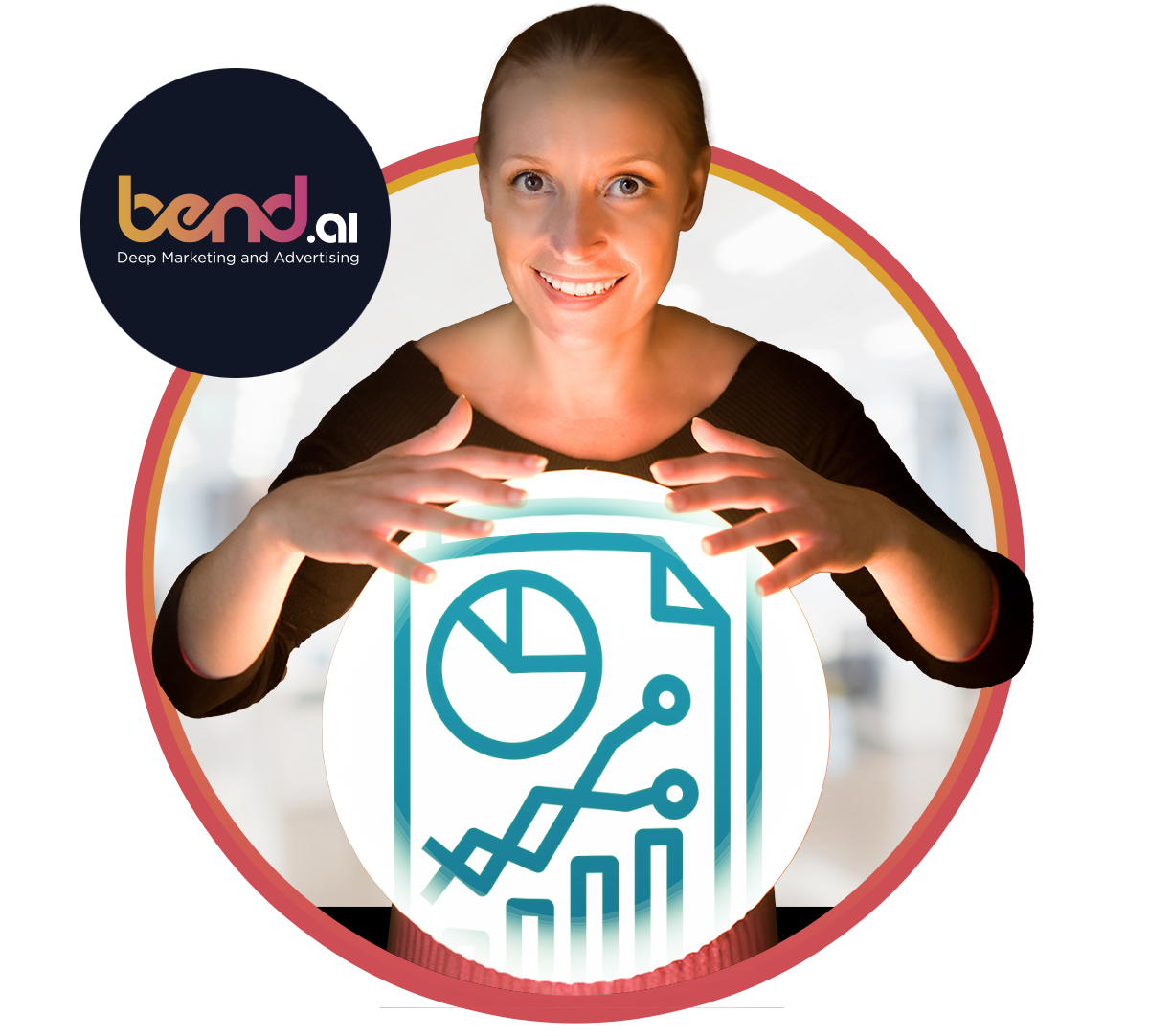Conversion Logix Propels Predictive Leasing into a New Era with Bend.ai Acquisition
Empowering Communities with Unparalleled Predictive Capabilities
Conversion Logix is revolutionizing predictive leasing through the acquisition of Bend.ai, a leading AI/machine learning company. This strategic merger empowers you to ditch the guesswork and make data-driven decisions that maximize your bottom line.
This innovative platform, fueled by Bend.ai's advanced technology and Conversion Logix's marketing expertise, will transform your leasing strategy.

